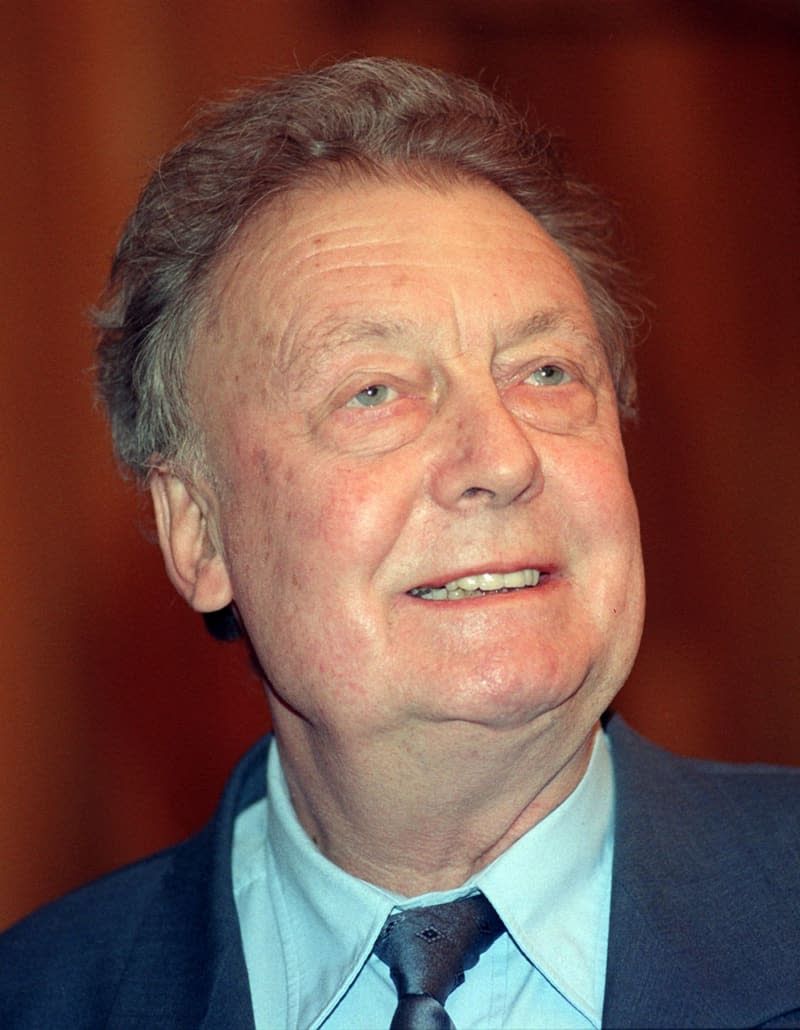German-Czech bridge-building diplomat František Černý dies aged 92

The diplomat František Černý, who built bridges between Germans and Czechs, died on Friday at the age of 92, Czech Foreign Minister Jan Lipavský confirmed on Saturday on the social media platform X, formerly Twitter.
Černý was an outstanding diplomat who had rendered exceptional services to the development of relations with Germany. He was deeply touched by the news of his death.
The Czech newspaper Lidové Noviny first reported on the death of the former ambassador to Germany.
Černý, who came from a bilingual family, campaigned throughout his life for reconciliation between Germans and Czechs after the horrors of World War II.
In 1990, the then-president Václav Havel sent him to Berlin as an envoy. Černý then served as ambassador to Germany from 1998 to 2001.
He received numerous awards, including the Federal Cross of Merit with Star and Shoulder Ribbon and the Unity Prize of the Federal Centre for Political Education.
On Černý's 90th birthday around two and a half years ago, German President Frank-Walter Steinmeier honoured his achievements in a greeting to him: "You have not only conveyed the perspectives and peculiarities of the Czechs to the Germans, the self-image, the traumas, but also the pride of Central Europe.
"You also tirelessly campaigned in the Czech Republic for understanding and trust in the Germans and the reunified Germany."
Černý was born on June 8, 1931, in České Budějovice, known in German as Budweis.
Because he was categorized as politically unreliable by the communists, he had to serve as a contract soldier after school.
After studying German language and literature, he worked for the German-language programme on Czechoslovakian radio.
After the invasion of Czechoslovakia by the Warsaw Pact troops in 1968, he lost his job and eked out a living as a night porter and language teacher until the fall of communism in 1989.
Černý was one of the founders of the Prague Literature House for German-language Authors, which has become an important centre for cultural exchange since its opening in 2004.

